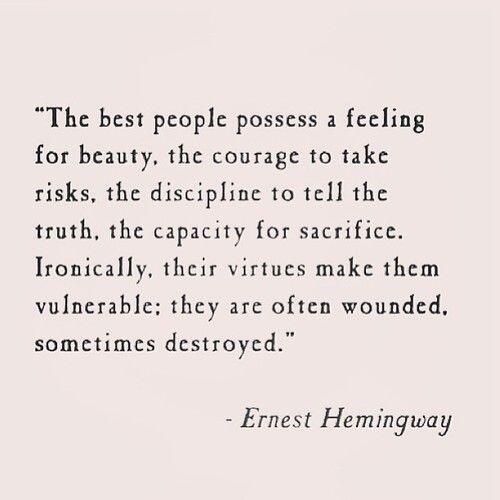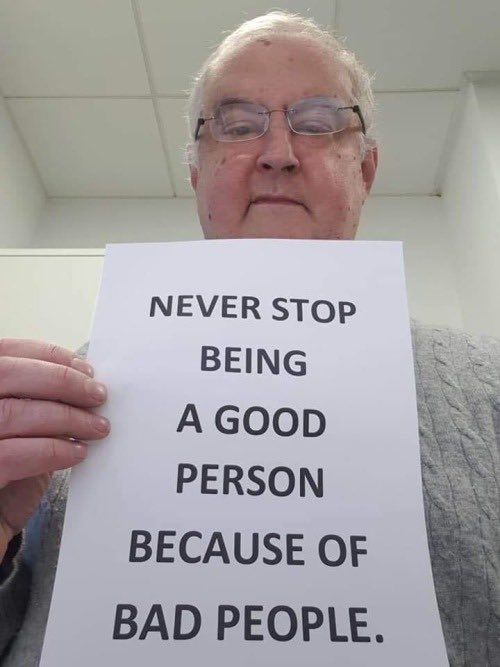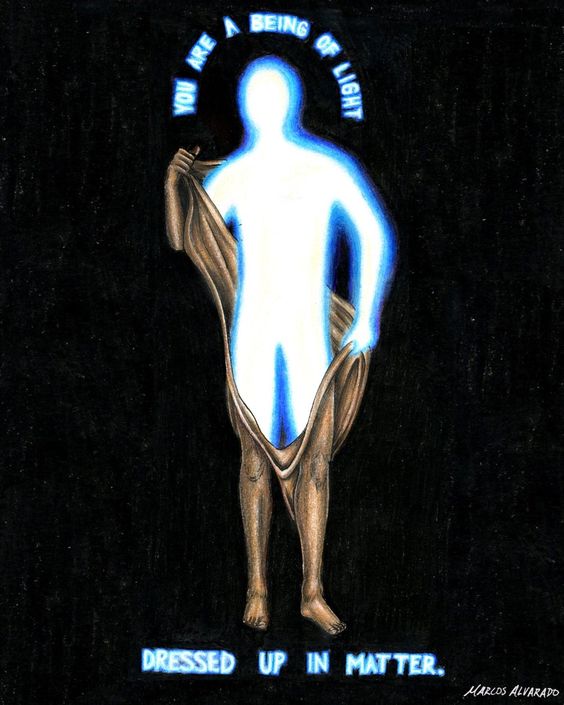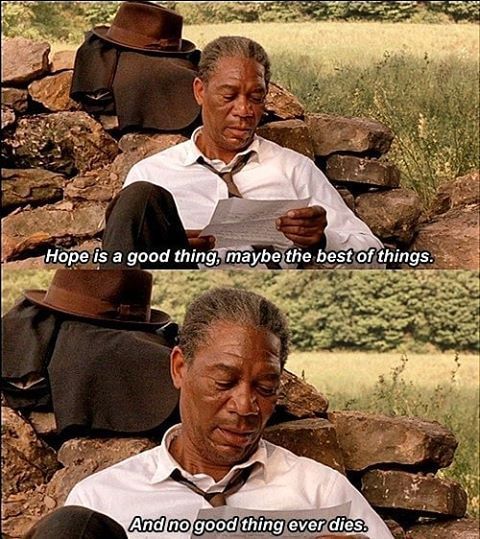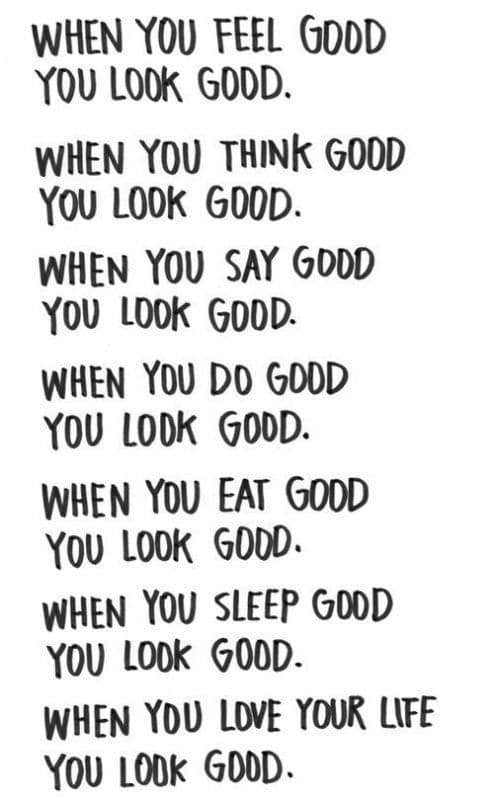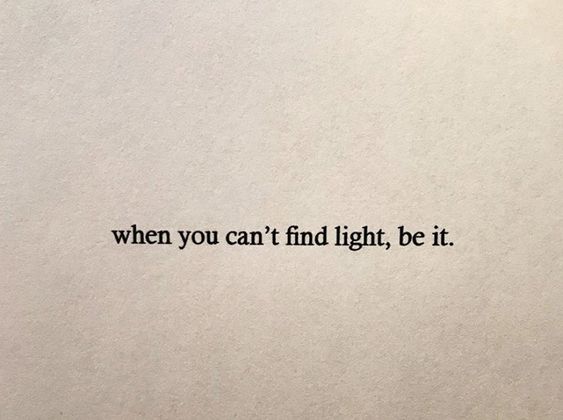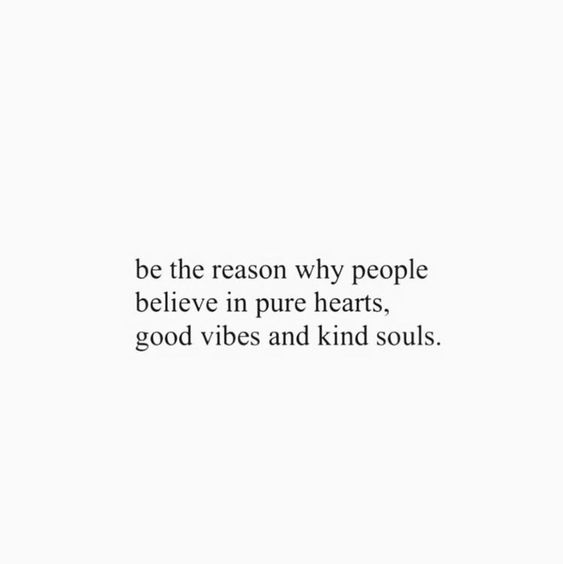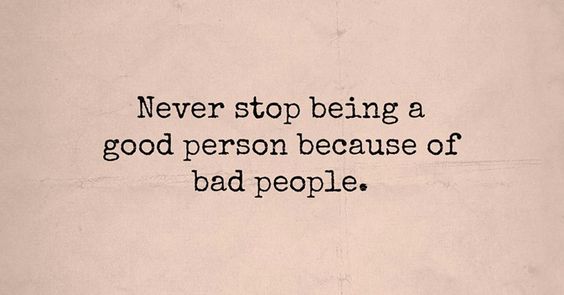“So much of power is not what you do but what you do not do—the rash and foolish actions that you refrain from before they get you into trouble. Plan in detail before you act—do not let vague plans lead you into trouble. Unhappy endings are much more common that happy ones—do not be swayed by the happy ending in your mind.”
Robert Greene, The Daily Laws (Page 337)
“You should do goodness without choosing to whom. Good things, once done, will never disappear, even if you forget about them. There is only one way to be happy, and this is a sure way: to do goodness and to share this goodness with others.”
Leo Tolstoy, A Calendar of Wisdom (Page 244)
“Someone told me once that every person has an element of good and an element of bad within him, and that either the good or the bad can be manifested according to the person’s mood. We possess within us two different ways of understanding this world. One is the feeling of being divided, distanced, and alienated from each other; in this state, all things seem gloomy to us. We feel nothing except jealousy, indifference, and hatred. I would like to call the opposite way of understanding the understanding of universal unification. In this state, all people seem very close to us, and all are equal among themselves. This state, therefore, arouses compassion and love in us.”
Arthur Schopenhauer, A Calendar of Wisdom (Page 241)
“The worst punishment is the understanding that you failed to properly use those good things which were given to you. Do not expect a big punishment. There can be no harder punishment than this remorse.”
Leo Tolstoy, A Calendar of Wisdom (Page 228)
“You should be in a hurry to do good works, even small ones, and to avoid sin. One good thing leads to another, and one sin causes another. The reward for virtue is virtue, and the punishment for vice is more vice.”
The Talmud, A Calendar of Wisdom (Page 228)
“All that brings unification to people is goodness and beauty; all that brings separation among them is evil. All people know this: it is firmly inscribed on our hearts.”
Leo Tolstoy, A Calendar of Wisdom (Page 206)
“Pay bad people with your goodness; fight their hatred with your kindness. Even if you do not achieve victory over other people, you will conquer yourself.”
Henri Amiel, A Calendar of Wisdom (Page 202)
“Individual goodness and individual evil both have the power to spread goodness and evil throughout the world.”
Leo Tolstoy, A Calendar of Wisdom (Page 167)
“I know that the sky knows everything, and that its laws are constant. I know that it sees everything, it gets into everything, and it is present in everything. The heavens can get into the depths of all human hearts in the same way that the daylight can lighten a dark room. We should try to reflect this heavenly light.”
Chinese Wisdom, A Calendar of Wisdom (Page 128)
“Conquer rage with humility, conquer evil with goodness, conquer greed with generosity, and conquer lies with truth.”
Dhammapada, via A Calendar of Wisdom (Page 110)
“Real wisdom is not the knowledge of everything, but the knowledge of which things in life are necessary, which are less necessary, and which are completely unnecessary to know. Among the most necessary knowledge is the knowledge of how to live well, that is, how to produce the least possible evil and the greatest goodness in one’s life. At present, people study useless sciences, but forget to study this, the most important knowledge.”
Leo Tolstoy, A Calendar of Wisdom (Page 88)
“Never postpone a good deed which you can do now, because death does not choose whether you have or haven’t done the things you should have done. Death waits for nobody and nothing. It has neither enemies, nor friends.”
Indian Wisdom, A Calendar of Wisdom (Page 84)
